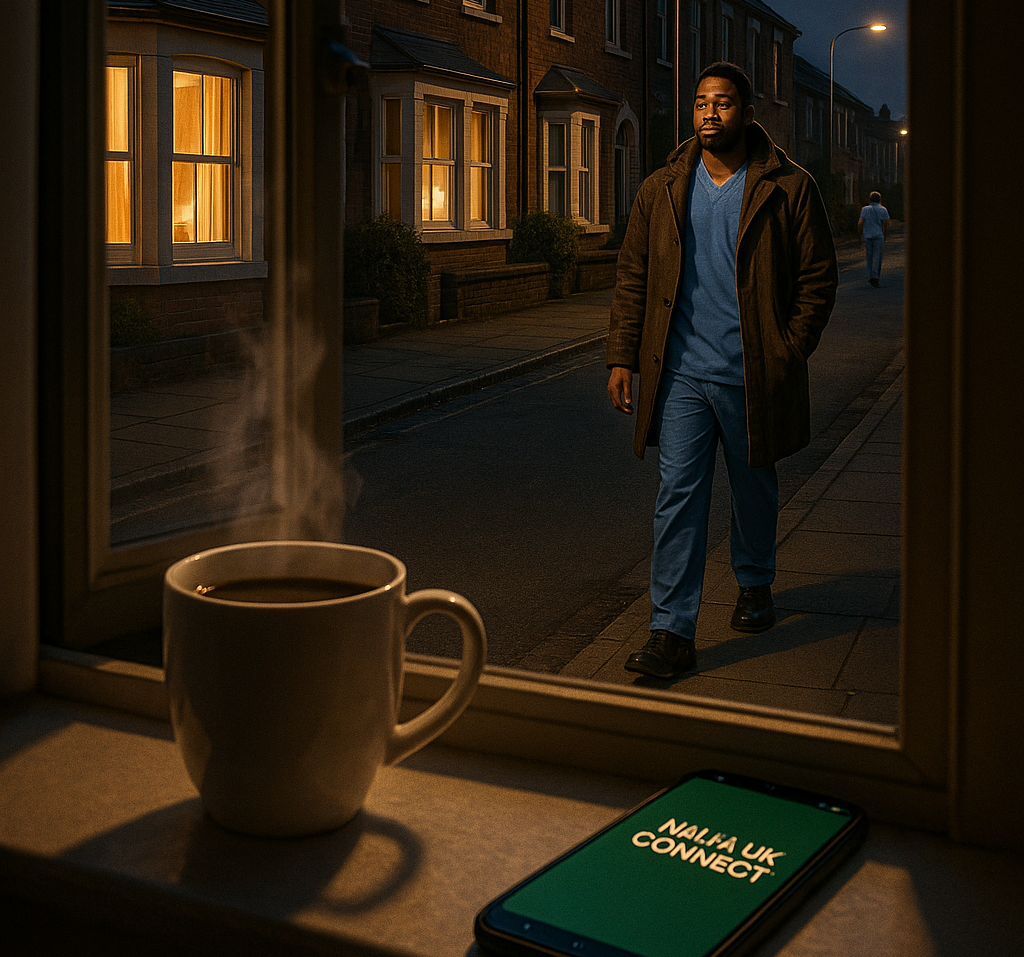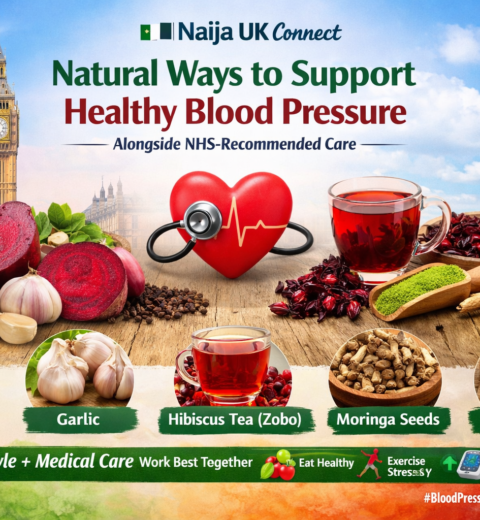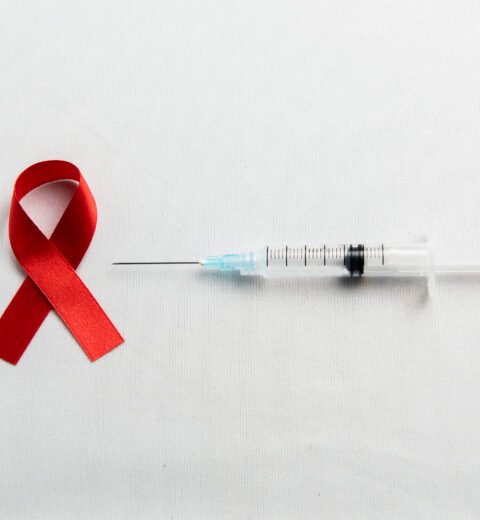Reviewed by Dr. Ogechi Eze
Whether you’re working night shifts in Derby, Manchester, or Croydon, coffee often feels like your loyal companion — keeping your eyes open and your energy up. But have you ever wondered what those back-to-back cups of Nescafé, espresso, or Starbucks lattes are doing to your blood pressure?
This article is brewed specially for our hardworking Nigerians in the UK pulling night shifts and leaning on coffee to power through. Let’s break it down — no medical jargon, just the facts that matter to you.
💥 The Coffee Controversy: Is it Friend or Foe?
Coffee has been in our cups for over 1,000 years, and so has the debate. Some swear it’s bad for your heart, while others call it a life-saver. So what’s the truth?
Coffee stimulates your nervous system — that’s why it helps you stay alert when you’re barely halfway through your 12-hour shift. But it’s not all sunshine and caffeine. For some people, even one cup can cause jitters, poor sleep, or raised blood pressure.
🩺 What Does Coffee Do to Your Blood Pressure?
Here’s the twist: coffee affects people differently.
A Swiss-American study tested 15 healthy people (some coffee drinkers, some not). They gave them:
- A triple espresso (chai! 😅)
- A decaf espresso
- A caffeine injection
- A placebo (salt water)
The result?
➡️ Non-coffee drinkers had a noticeable spike in blood pressure after the espresso — an average increase of 13 mmHg (systolic) and 7 mmHg (diastolic).
➡️ Regular coffee drinkers? Almost no change.
Even decaf espresso raised blood pressure in non-coffee drinkers, which shows that it’s not just the caffeine. There are other compounds in coffee causing the spike.
So, if you always drink coffee, especially during your shift, your body is probably used to it. But if you’re new to the night shift life and suddenly start loading up on coffee, your blood pressure could rise temporarily.
💔 Coffee, Heart Attacks & Stroke: Should You Be Worried?
Let’s be real — high blood pressure increases your risk of heart disease and stroke. But does coffee cause these?
✅ A Harvard study of 45,000+ men found no link between coffee and heart attacks or stroke.
❌ However, they noticed a slight risk increase with decaf coffee — strange, but the evidence is weak.
✅ Another study in Scotland actually found reduced heart disease risk in coffee lovers, especially those who drank a lot!
So, if you’ve been worried that your coffee habit might be damaging your heart — the science says you’re likely safe, especially if you’re drinking the regular kind.
🧠 Other Effects of Coffee You Should Know
☕ Good news:
- Boosts alertness (hello, night shift survival!)
- Helps bowel movement (say goodbye to constipation)
- May reduce risk of diabetes, gallstones, and kidney stones
- Might offer protection against colon cancer
⚠️ Possible side effects:
- Anxiety or insomnia (especially if you drink it near bedtime)
- Acid reflux or heartburn
- Mild dependence (headaches if you skip your usual cup)
- Can affect bladder (not fun if you’re running to the loo mid-shift)
💡 Pro tip: Filtered or instant coffee doesn’t raise cholesterol. But boiled or Turkish coffee might.
👨🏾⚕️ Final Word from Dr. Ogechi Eze
As a Nigerian juggling the UK hustle, coffee can be a useful ally — but like everything, moderation is key. If you’re already managing high blood pressure or you’re unsure how coffee affects you, talk to your GP. Don’t self-diagnose or panic because of one article (even this one!).
And whether you’re drinking it black, with milk, or as 3-in-1 sachets, know your limits, listen to your body, and don’t let coffee control your health.
💬 Tell Us!
Are you team “Coffee is life” or team “I dey fear coffee”?
Drop a comment below or share this article with your fellow night shifters in the NHS, care homes, or warehouses.
#NaijaUKConnect #NaijaInTheUK #NightShiftLife #CoffeeAndBloodPressure #DrOgechiEzeSays
Join Our WhatsApp Channel
Stay updated on the latest UK news, including education, health, job openings, and more for those living in the UK!
Join here: Naija UK Channel
Also, follow us on our social media channels for the latest updates and discussions:
- Twitter: @NaijaUKConnect
- Facebook: Naija UK Connect
- Instagram: @naijaukconnect




